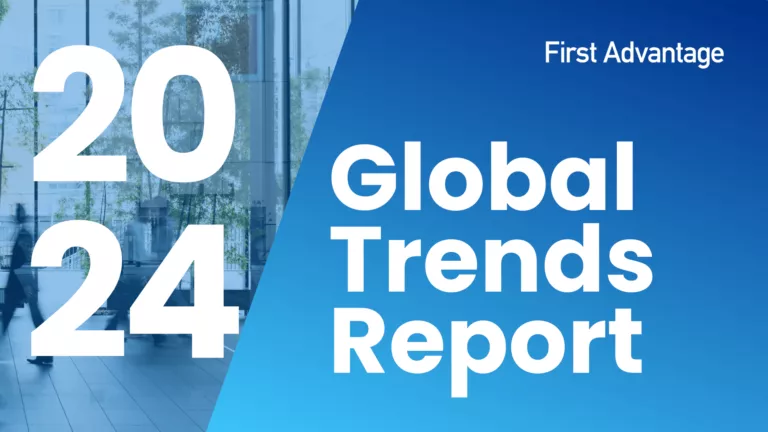April 4, 2020; updated June 17, 2020; September 22, 2020; December 09, 2020; May 27, 2021 and November 29, 2021.
On March 23, 2020, the U.S. Department of Transportation (DOT) Office of Drug and Alcohol Policy and Compliance (ODAPC) provided guidance about the impact of the Coronavirus Disease 2019 (COVID-19) public health emergency on DOT drug and alcohol testing requirements for employers, employees, and service agents. On April 4, 2020, ODAPC provided supplemental information specific to performing remote evaluations by Substance Abuse Professionals (SAP) and the re-qualification timelines for collectors, Medical Review Officers (MRO), Screening Test Technicians (STT) and Breath Alcohol Technicians (BAT), and SAPs. As published on April 4, 2020, this statement was effective through June 30, 2020 and was extended several times thru December 31, 2021. As of November 29, 2021, ODAPC has extended the statement and it continues to be effective through June 30, 2022.
SAP Assessments and Evaluations
Under 49 CFR §§ 40. 291, 40.293, and 40.301, the SAP must conduct a face-to-face assessment and evaluation of an employee who has violated DOT drug and alcohol regulations. DOT has always maintained that the “face-to-face” assessment and evaluation must be done “in person” and is essential to the SAP process. ODAPC recognizes that conducting face-to-face assessments and evaluations during the COVID-19 public health emergency may not be possible or advisable for certain individuals. ODAPC will allow SAPs to conduct a remote “face-to-face” evaluation and assessment while this policy is in effect.
The flexibility to conduct remote assessments and evaluations is voluntary, and SAPs may continue to conduct in-person face-to-face assessments and evaluations as appropriate. ODAPC recommends that, when an SAP conducts assessments and evaluations remotely, the format of the assessment be documented in the final report for reference.
ODAPC realizes that performing evaluations remotely may not provide as much information to the SAP as a face-to-face evaluation would, but believes remote evaluations are preferable to not performing the evaluations at all. While ODAPC will not prescribe the exact manner in which the remote evaluations should be conducted, SAPs who choose to conduct initial assessments and evaluations and follow-up evaluations remotely should consider the following parameters:
- The technology you use should permit a real-time two-way audio and visual communication and interaction between you and the employee.
- You should determine if the quality of the technology (e.g., speed of the internet connection, clarity of the display, application being used, etc.) is sufficient for you to gather all the visual (e.g., non-verbal physical cues) and audible information you would normally observe in an in-person face-to-face interaction.
- You may only utilize the technology if your state-issued license authorizes you to do so and within the parameters of that authority.
ODAPC will not consider an evaluation or assessment performed remotely as an act of serious non-compliance for purposes of starting a public interest exclusion proceeding against the service agent while this statement of enforcement discretion is in effect.
Re-qualification Timelines for Certain Service Agents
Under 49 CFR §§ 40.33(e), 40.121(d), 40.213(e), and 40.281(d), collectors, MROs, STT/BATs, and SAPs are required to maintain their DOT required qualifications to continue to act as service agents in the DOT drug and alcohol testing program. Specifically, collectors and STT/BATs must complete refresher training every five years, MROs must complete requalification training every five years, and SAPs must complete 12 professional development hours every three years.
DOT realizes that during the COVID-19 public health emergency, these service agents may find it difficult to find the necessary resources (e.g., exam location or personnel to conduct mock collections, etc.) to meet their re-qualification requirements. If a service agent is unable to meet their re-qualification due date while this statement of enforcement discretion is in effect, DOT will not consider it a non-compliance for purposes of starting a public interest exclusion proceeding against the service agent. DOT is providing this flexibility for service agents who cannot meet their re-qualification requirements by their respective due dates due to restrictions imposed by federal, state and local authorities, and health agencies related to the COVID-19 public health emergency (e.g., facility closures, state or locally imposed quarantine requirements, or other impediments). DOT will consider these service agents qualified per Part 40 to continue providing the Part 40 required services while this policy is in effect.
ODAPC Guidance Document #: ODAPC GEN07
1 This document is a temporary notice of enforcement discretion. Regulated entities may rely on this notice as a safeguard from departmental enforcement as described herein. To the extent this notice includes guidance on how regulated entities may comply with existing regulations, it does not have the force and effect of law and is not meant to bind the regulated entities in any way.
The above was made available by the U.S. DOT here: https://www.transportation.gov/odapc/Statement_of_Enforcement_Discretion_SAPs_and_Service_Agents



